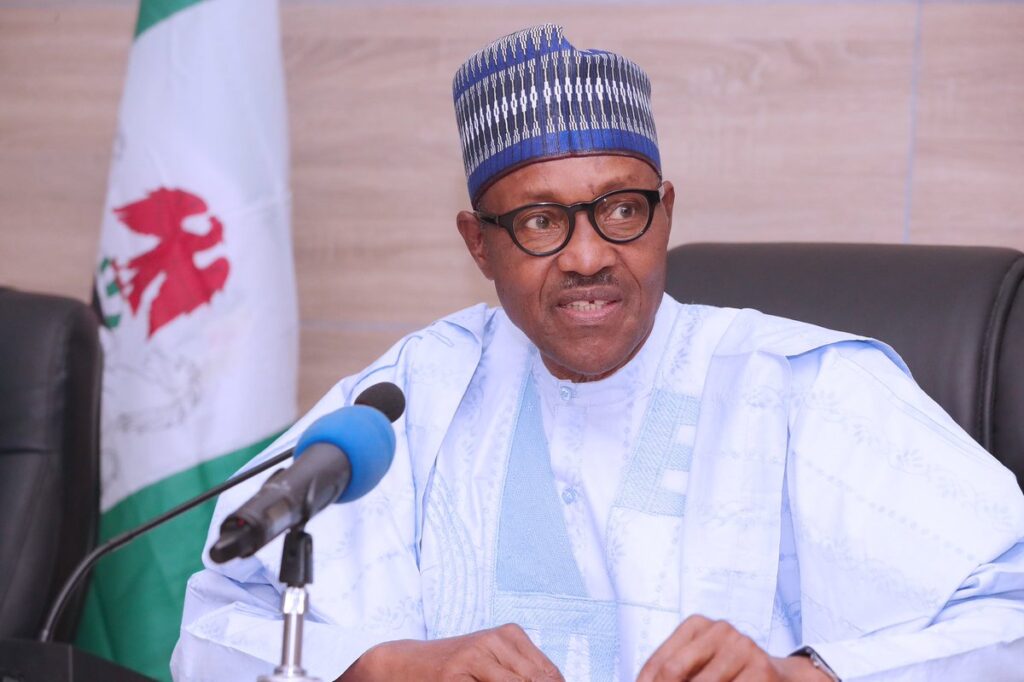News Analysis: By Abdul Lauya
Former Nigerian President Muhammadu Buhari’s recent hospitalization in London has reignited national conversations about medical tourism and the persistent neglect of Nigeria’s public healthcare system, a central issue that marked much of his presidency.
On July 2, multiple reports surfaced indicating that Buhari, 81, had been admitted to a London hospital following complications during what was initially described as a routine medical check-up. While some online platforms reported that the former leader was in “critical condition,” independent verification remains limited. Aides close to the former president have confirmed his hospitalization but insist that he is now stable and recovering.
This development draws renewed scrutiny over Buhari’s longstanding reliance on foreign medical care. During his eight years in office (2015–2023), Buhari reportedly spent more than 230 days outside Nigeria for health-related reasons. His repeated medical trips, particularly to the United Kingdom, became emblematic of a wider issue, Nigeria’s under-resourced and overburdened healthcare system, which remains inaccessible or inadequate for many of its citizens.
Buhari’s critics point to a stark contradiction: a leader who pledged to revamp Nigeria’s health infrastructure instead relied on foreign systems for his personal care. Despite allocating increased healthcare budgets during his tenure, the absence of visible, world-class public hospitals at home has fueled resentment and accusations of failed leadership.
“The man who couldn’t build one hospital good enough to treat himself left the rest of us to fend for ourselves,” a Lagos-based public health advocate told reporters.
Supporters of the former president argue that Buhari’s health needs were complex and that his decision to seek treatment abroad was based on specialized care not yet available domestically. Nonetheless, the symbolism remains potent in a country where even basic medical facilities struggle to stay functional.
The timing of Buhari’s hospitalization comes amid broader public debates about political accountability, governance standards, and institutional decay. As Nigeria continues to grapple with brain drain in the medical profession, dilapidated hospitals, and recurring strikes by healthcare workers, this latest episode serves as a reminder of the long-standing gap between political rhetoric and public reality.
Whether or not Buhari’s condition is critical, the incident has already triggered critical reflection, on both his legacy and the nation’s future.
For advert placement and inquiries, publication of press releases, and news coverages, please call: Phone: 08052898434 Email: editor@eyereporters.com, click here to view the advert rates.



